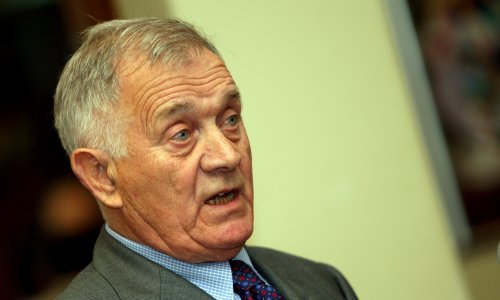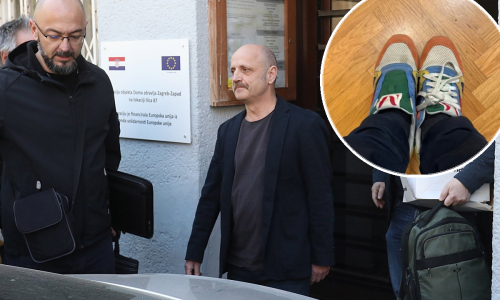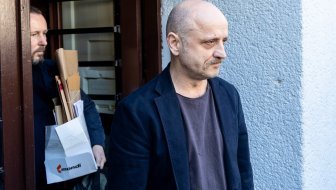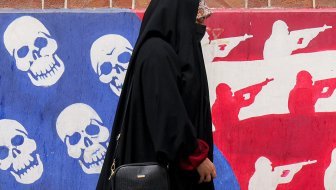The Hague war crimes tribunal will announce at 11 am on Friday its verdict in the case against Croatian generals Ante Gotovina, Ivan Cermak and Mladen Markac, charged with involvement in a joint criminal enterprise the purpose of which was to forcibly and permanently remove the Serb population from Croatia's occupied areas during and after the 1995 Croatian army and police operation Storm.
The International Criminal Tribunal for the former Yugoslavia (ICTY) has reported that Courtroom I will be booked nearly three hours for the rendering of the verdict.
The trial chamber conducting the trial is made up of Judge Alphons Orie of the Netherlands, Judge Uldis Kinis of Latvia and Judge Elisabeth Gwaunza of Zimbabwe.
Presenting their closing arguments in August 2010, the prosecutors asked that the three generals be found guilty and that General Gotovina be sentenced to 27 years, General Markac to 23 years and General Cermak to 17 years in prison, while the defence teams asked the trial chamber in their closing statements to acquit their clients on all counts of the indictment.
In the event of the acquittal or in the event of guilty verdicts with a prison terms approximately same as the time defendants have spent in the detention, the Hague tribunal has so far had the practice of releasing those defendants regardless of the possible appellate proceedings.
Upon the rendering of the judgement, parties in the proceedings, both the prosecutors and the defence must announce 30 days after the rendering of the ruling their plans to submit appeals, if they want to appeal. The appellate motions must be submitted within 75 days after the announcement of appeals.
The trial in the Gotovina, Cermak and Markac case started on 11 March 2008, and the last witness was introduced on 11 June 2010. A total of 303 working days were spent on the trial, during which the prosecution introduced 81 witnesses and the generals' defence teams 57 witnesses (25 for Gotovina, 19 for Cermak and 13 for Markac). The trial chamber also heard seven witnesses it itself had decided to call.
Apart from victims who testified for the prosecution, some of Croatian and international politicians and officials took the witness stand including the former U.S. Ambassador to Croatia, Peter Galbraith, special human rights rapporteur Elisabeth Rehn, and Zeljko Zganjer who was the county prosecutor in Zadar at the time relevant for indictment of university professor Zarko Puhovski.
Witnesses who testified for the defence include, among others, former Croatian ministers -- Mate Granic, Miomir Zuzul, Vesna Skare Ozbolt, Borislav Skegro -- as well Chief State Prosecutor Mladen Bajic, the UN Secretary General's special envoy for former Yugoslavia, Yasushi Akashi and so on. Gotovina's team also introduced Serb rebel leader, General Mile Mrksic, as one of their witnesses.
The first part of the trial was marked by conflicts between the defence teams which ended with the removal of Cermak's attorneys Cedo Prodanovic and Jadranka Slokovic, and of Markac's attorney Miroslav Separovic, the reason being conflict of interest, namely the possibility that Separovic and General Rahim Ademi, who was represented by Prodanovic and Slokovic at the time, could be called to testify as witnesses in the case.
The trial was also marked by a parallel dispute between Croatia and the tribunal's prosecution concerning the so-called artillery logs, which ended shortly before the end of the trial, with the judges conducting the trial concluding that Croatia had fulfilled its obligations towards the prosecution.
In 2007, ten Croatian reporters were charged by the UN tribunal for the contempt of court after having published a confidential addition to the indictment. Later, the prosecutors dropped charges against them
Gotovina has been in the custody of the Hague tribunal since December 2005 when he was arrested in the territory of Spain, while Cermak and Markac surrendered voluntarily to the tribunal in March 2004.




































